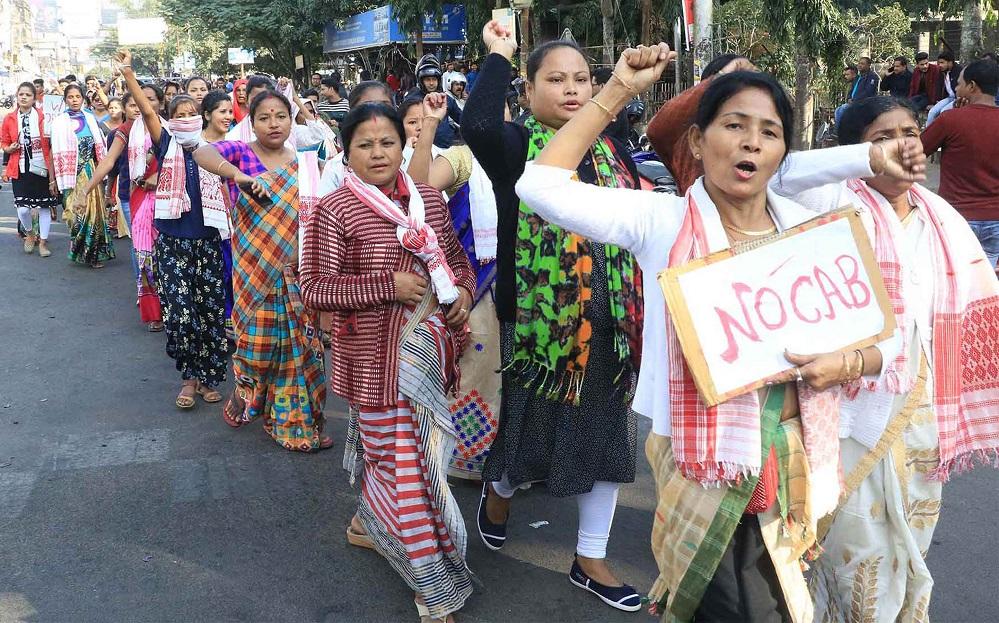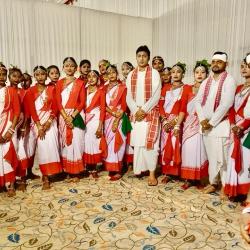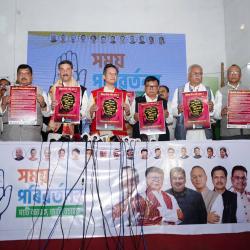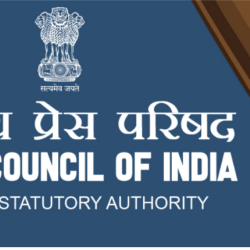We are concerned that India's new Citizenship (Amendment) Act 2019 is fundamentally discriminatory in nature.
The amended legislation seeks to expedite citizenship for religious minorities – naming specifically only Hindus, Sikhs, Buddhists, Jains, Parsis and Christians - fleeing persecution in Afghanistan, Bangladesh and Pakistan, who have been resident before 2014. But it does not extend the same protection to Muslims, including minority sects.
Press briefing on India
Spokesperson for the UN High Commissioner for Human Rights: Jeremy Laurence
Location: Geneva
Date: 13 December 2019
Subject: India
The amended law would appear to undermine the commitment to equality before the law enshrined in India's constitution and India's obligations under the International Covenant on Civil and Political Rights and the Convention for the Elimination of Racial Discrimination, to which Indian is a State party, which prohibit discrimination based on racial, ethnic or religious grounds. Although India's broader naturalization laws remain in place, these amendments will have a discriminatory effect on people's access to nationality.
#India: We are concerned that the new #CitizenshipAmendmentAct is fundamentally discriminatory in nature. Goal of protecting persecuted groups is welcomed, but new law does not extend protection to Muslims, incl. minority sects: https://t.co/ziCNTWvxc2#FightRacism #CABProtests pic.twitter.com/apWbEqpDOZ
— UN Human Rights (@UNHumanRights) December 13, 2019
All migrants, regardless of their migration status, are entitled to respect, protection and fulfilment of their human rights. Just 12 months ago India endorsed the Global Compact for Safe, Regular and Orderly Migration, which commits States to respond to the needs of migrants in situations of vulnerability, avoiding arbitrary detention and collective expulsions and ensuring that all migration governance measures are human rights-based.
While the goal of protecting persecuted groups is welcome, this should be done through a robust national asylum system that is premised on the principle of equality and non-discrimination, and which applies to all people in need of protection from persecution and other human rights violations, with no distinction as to race, religion, national origin or other prohibited grounds.
We understand the new law will be reviewed by the Supreme Court of India and hope it will consider carefully the compatibility of the law with India's international human rights obligations.
In the meantime, we are concerned at reports that two people have died and many including police officers have been injured in the Indian states of Assam and Tripura as people protest against the Act. We call on the authorities to respect the right to peaceful assembly, and to abide by international norms and standards on the use of force when responding to protests. All sides should refrain from resorting to violence.
- 5071 reads









Add new comment